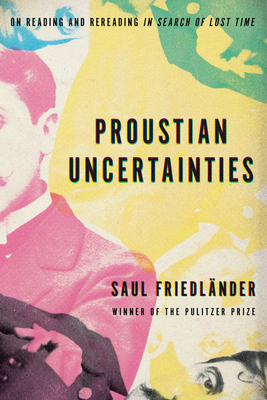 PROUSTIAN UNCERTAINTIES
PROUSTIAN UNCERTAINTIES
On Reading and Re-Reading Proust
by Saul Friedländer
The Other Press. 180 pages, $25.
SAUL FRIEDLÄNDER is a Pulitzer Prize-winning historian whose best-known books deal with the fate of the Jews in Nazi Germany, but now he’s written a short, fascinating book about Marcel Proust. In Search of Lost Time is a novel that most readers consider a model of Olympian detachment, intelligence, and self-knowledge. Friedländer thinks that on certain subjects Proust exhibited none of those qualities. His uncertainty about what he thought emerges on two occasions: when he’s revealing himself without knowing he’s doing so, and when he’s writing to reveal the truth only to the most perceptive reader. The two main subjects Friedländer thinks Proust never resolved in his own mind were his Jewishness and his homosexuality.
First, the homosexuality. Proust, Friedländer asserts, was openly gay, though one could argue that this was only true after his parents died, and then only among close friends, and not even all of them. In fact, when Proust’s first book, Pleasures and Days, came out, he fought a duel with a journalist whose review implied that Proust was an “invert.” Of course, Proust had boyfriends (chief among them the composer Reynaldo Hahn) and always knew that homosexuality would be one of the main subjects of his novel; he was even afraid that someone else would beat him to it. But even back then, readers sensed that the little band of young women encountered at Balbec were really boys, and that their leader, Albertine, was Alfred Agostinelli, Proust’s beloved chauffeur, with his gender transposed. So why, Friedländer asks, did he make the Narrator of his novel heterosexual?
Friedländer is a close reader who focuses on two passages to shed light on this contradiction: the long, magnificent essay that opens the volume called Cities of the Plain, and a brief but telling description of the great homosexual character, the Baron de Charlus. Whereas the opening of Cities of the Plain is the epitome of understanding and tolerance, the description of Charlus that comes later in the book is a sort of nightmare. He’s described as a grotesque voluptuary whose life of sexual vice is written all over not only his face but also “the fleshy rump of this body abandoned to self-indulgence and invaded by obesity,” all of it the result of “a debauched life betrayed by moral degeneration.”
Andrew Holleran is the author of the novels Dancer from the Dance, Nights in Aruba, The Beauty of Men, and Grief.


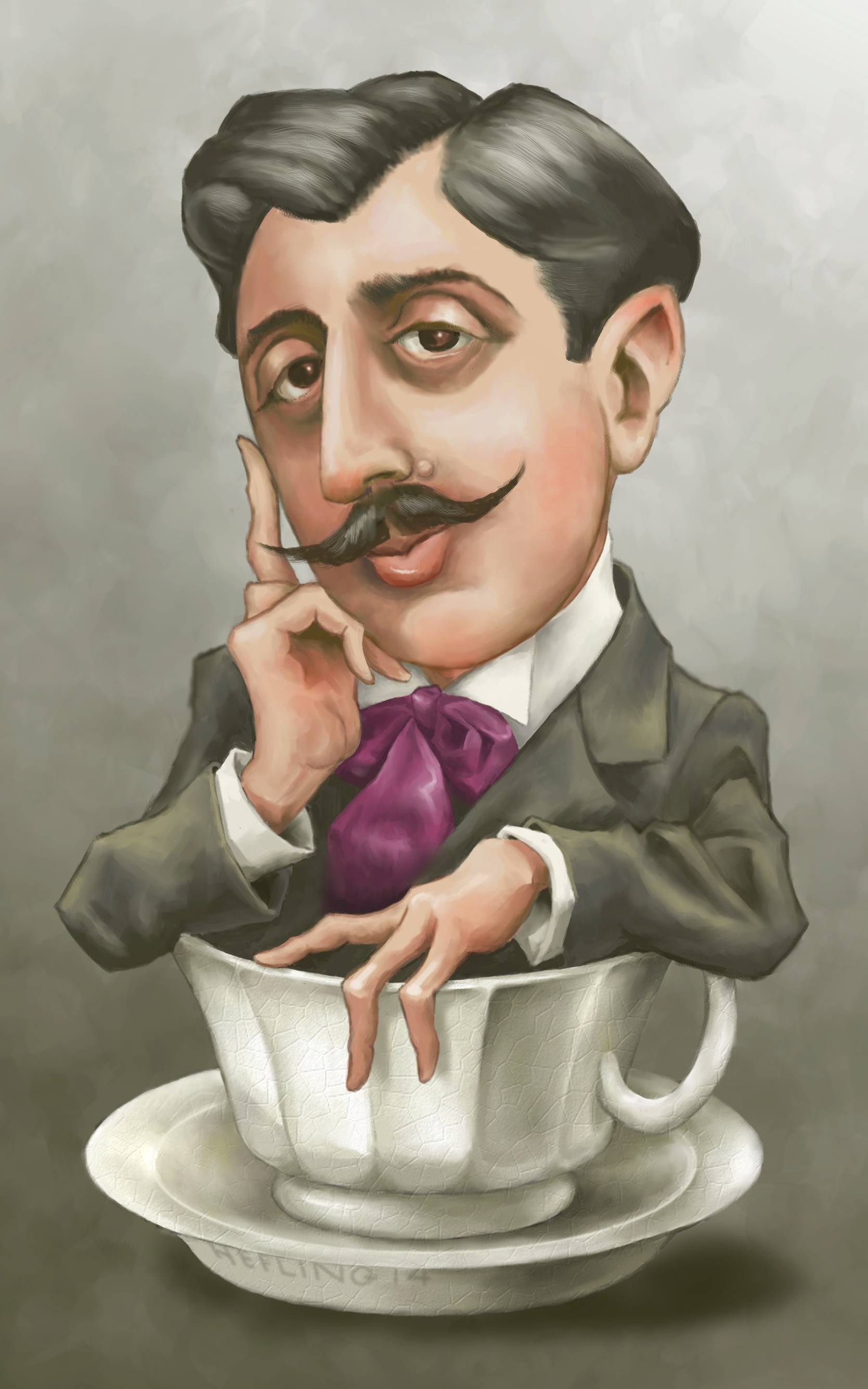


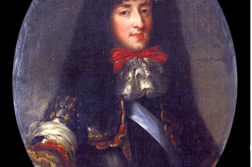
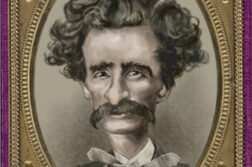
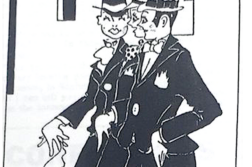
Discussion1 Comment
Proust remains one of my most favourite novelists. A consummate stylist.